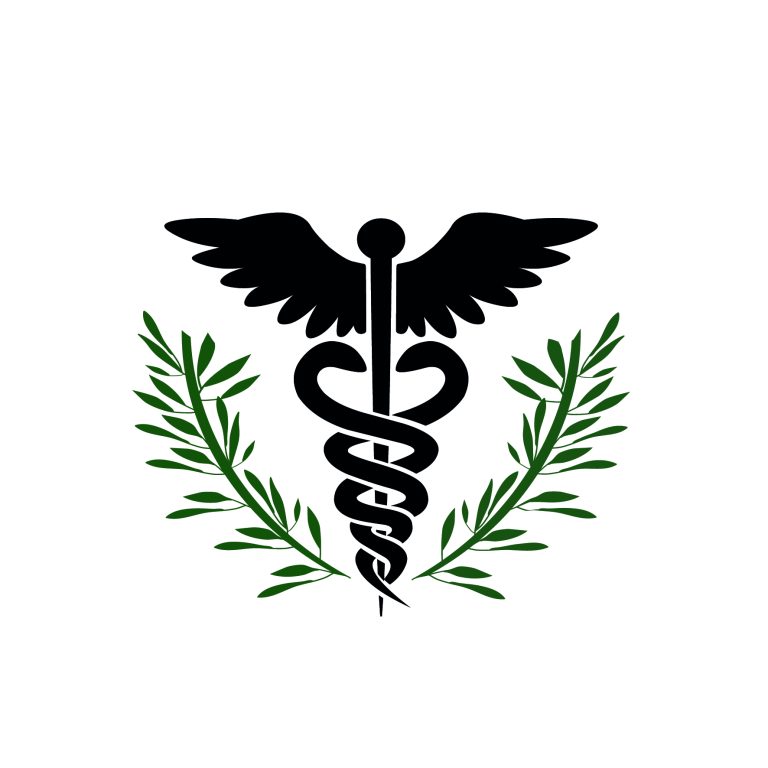Almost weekly now, new evidence emerges about the superiority of VA healthcare when compared to the private sector. VHPI has written about this work, including a recent study by three economists documenting the staggering fact that veterans are twice as likely to die if they go to a private sector hospital during a medical emergency than if they go to an ER at the VA. Last week, The New York Times published a fascinating article about the lingering impacts of Covid-19. The piece focused on work undertaken by researchers at the VA St. Louis Health Care System. The Times’ piece both explores the unpredictable long-term consequences of all forms of COVID-19 infections, and also highlights the private sector’s serious shortcomings in dealing with this wide-range of symptoms. Quoted in it is Dr. Eleftherios Mylonakis, chief of infectious diseases at Brown University’s Warren Alpert Medical School and Lifespan Hospitals. He candidly expresses that the private sector healthcare system “is not made to deal with something like this.”
Mylonakis explained that fragmented, uncoordinated care is the norm in the private sector. As such, patients often see a primary care physician or provider (if they’re lucky enough to have one) and then are shuttled from specialist to specialist, each of whom has their own focus and doesn’t communicate well with others. In this system, Mylonakis, said, “the patient loses and that may make their other long Covid symptoms worse.” He contrasted this siloed system with the VA, which is a unified system that is “better at coordinating care and sharing patient information among specialists.”
Caring for patients with long Covid is only one of the many examples of why VA care should never be dismantled and why veterans should only be sent to private sector providers when absolutely necessary. In some cases, veterans want to go to private sector providers because the travel time is shorter to a local hospital or doctor’s office than to a VA facility. But beware – this may be okay for a simple encounter, but convenience doesn’t equal quality and may not lead to a good outcome, particularly when it comes to veterans’ complex conditions.
The years-long, consistent flow of studies documenting the importance of coordinated care should be a warning to veterans’ advocates who, with the best of intentions, have supported escalating outsourcing of veteran care to the private sector.
Advocacy for the VA must be particularly pronounced as a VA Asset and Infrastructure Review (AIR) Commission will soon commences its deliberations into the department’s infrastructure footprint for the future. In this work, particular attention should be paid to the issue of care coordination. In other words, there must be thoughtful consideration of tapestry of services and benefits available through the VA – and absent in the private sector.
If you want to learn more about the VA and hear about the many dangers of the VA AIR Commission, please attend VHPI’s upcoming Zoom forum on April 30 at 3 PM EST/ 12 PM PST.
The forum will feature Alan Sager, Professor of Health Policy and Management at Boston University; Suzanne Gordon, a long-time healthcare journalist and VHPI senior policy analyst; Edward Machtinger, a VHPI board member, Professor of Medicine, and Director of the Women’s HIV Program at the University of California, San Francisco; and Russell Lemle, the former Chief Psychologist at the San Francisco VA and a VHPI Senior Policy Analyst.
You can register in advance for the Zoom event at the link below: https://us02web.zoom.us/meeting/register/tZMpfuuoqDkiG9XDUCAOW1PC1DN3-aT1H86B
David Shulkin’s New Rx on Veteran Suicide
On April 17, 2021, David Shulkin, M.D., former Secretary of the VA, published an essay entitled “15 Lessons on Veterans Suicide from Veterans Affairs.” He stated he was sharing VA’s incredible work because the private sector lags far behind the VA and could learn from its suicide prevention experience and successes.
To his credit, much of what he summarized are VA innovations rarely seen elsewhere, from inhouse suicide prevention coordinators to big data predictive analytics to primary care/mental health integration. And yet, astonishingly, he omitted perhaps VA’s most indispensable, evidence-based advance – teaching healthcare providers how to culturally counsel at-risk veterans about safe storage of lethal means.
He also far underplayed social determinants of suicide, especially financial adversity, although in this case, the VA has significant room to improve. A consequential 16 percent of US suicides occur in response to financial problems. The VA’s patterns of errors and delays processing disability claims by Veterans Benefits Administration (VBA) and the Board of Appeals for Veterans’ Claims (Board) serve as significant obstacles to obtaining a subsistence income as well as health care for veterans whose lives depend on it. Specifically, nearly one million Veterans are now waiting for benefit answers from VBA and the Board. When an appeal is involved, the claim process can take as long as five years, delays that weaken a veteran’s ability to pay for housing, food, utilities, and medical care.
While Shulkin’s blog shines a needed spotlight on the critical issue of reducing veteran’s suicides, we recommend his future forays into this issue include facts and suggestions for the temporary/voluntary safe storage of weapons and improving VA’s claim delays and errors.



